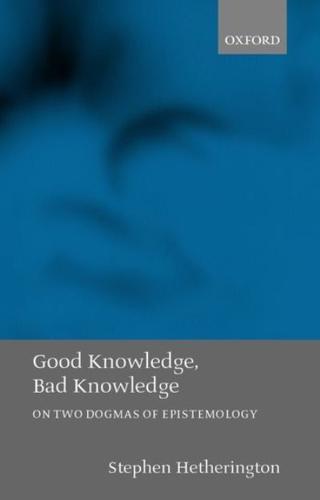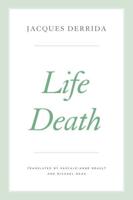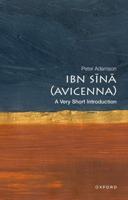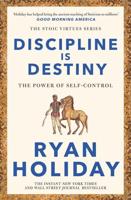Publisher's Synopsis
What is knowledge? How hard is it for a person to have knowledge? Good Knowledge, Bad Knowledge confronts contemporary philosophical attempts to answer those classic questions, by identifying and arguing against two fundamental epistemological presumptions. Can there be both better and worse knowledge of some fact? Can you improve your knowledge of a particular fact? Can there be especially bad knowledge of a specific fact? Epistemologists routinely answer these questions with a resounding 'No'. But Stephen Hetherington argues that those standard answers are mistaken. The result is a theory of knowledge that is unique in conceiving of knowledge in a non-absolutist way. The theory offers new solutions to many traditional epistemological puzzles, including various kinds of scepticism, the Gettier challenge, and the problem of the criterion. It also offers a fresh way of using G. E. Moore's anti-sceptical gambit, along with reinterpretations of the epistemic roles of fallibility, luck, relevance, and dogmatism. And what can we know about knowledge? The role of intuition in shaping epistemological thought about knowledge is critically examined. Anyone working on epistemology will enjoy this original and challenging work.












